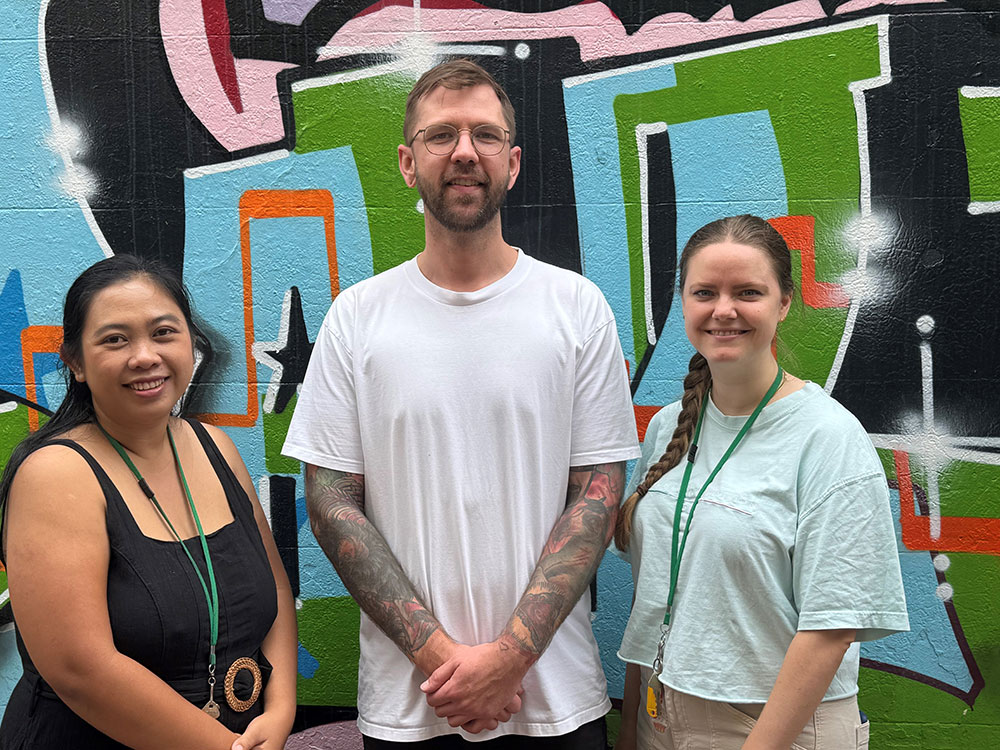Japan and Singapore — Sudden cardiac arrest, caused by uncontrolled electrical impulses in the heart, is a major worldwide public health problem with a high mortality rate.
Historically, Singapore has successfully implemented the “chain of survival” strategy, a sequence of protocols that begins with recognizing cardiac arrest. However, the survival rate remains a concern as many pre-hospital patients do not respond to AEDs for heartbeat recovery.
Now, a team of clinical researchers from both countries has found that the outcomes for such refractory patients were significantly better in Osaka, where the practice of advanced resuscitation using extracorporeal membrane oxygenation (ECMO) is much more frequent.
“Our results suggest that an aggressive advanced resuscitation strategy using ECMO might help improve outcomes for OHCA patients in Singapore,” says Yohei Okada of Kyoto University’s Graduate School of Medicine.
Okada’s team revisited two databases of OHCA cases for adults ranging from 18 to 74 years of age with initial shockable rhythm. The data was used to derive and validate a machine-learning-based model to predict favorable neurological outcomes.
“We believe that our finding may someday direct the discussion of future resuscitation strategies for improving patient outcomes, not only among clinicians and their patients but also policymakers,” adds Okada.








